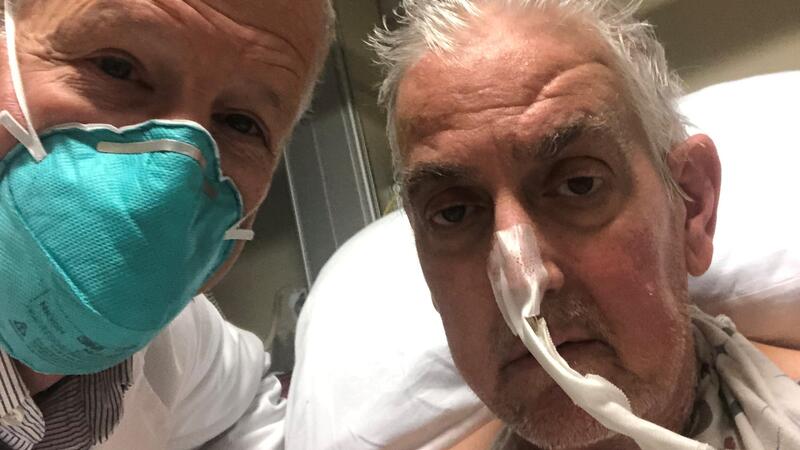Here’s a headline you don’t see every day. Stunning- #organs revived after death! Could this one day be an answer to organ shortages? Or a plot straight out of a dystopian TV show on the SyFy Channel. Article in #Forbes provides the quick takeaway: “The research works off a similar 2019 #Yale study that used #BrainEx to restore brain activity in dead pigs. Researchers called the results from the new #OrganEx study ‘stunning,’ and a step ‘in the right direction.’ One reason is because it could, after future studies, force hospitals to reevaluate how they approach life-support measures like #ECMO, which researchers argue has ‘limited capacity to restore an entire human body.’ Researchers also say it could make more organs available to surgeons for transplants.” I say, there is a lot to unpack here and I’m not just talking about bacon! News this week shows it’s a great time to be a #bioethicist. More to follow.
-Bernard Siegel
By Brian Bushard Forbes Staff – Link to article
Scientists at the Yale School of Medicine restored circulation to pigs’ hearts and brains one hour after they died, according to new research published Wednesday in the journal Nature that raises new questions about the future of life-support measures—though researchers say the technology is still “very far” from human use.
Key Facts
Researchers at Yale used a technology called OrganEx to pump a blood substitute—which contained blood plus 13 chemical compounds, including drugs used to prevent blood clotting—through the pigs while they were on ventilators, one hour after the animals were given anesthesia and put down.
Even though the pigs did not fully regain consciousness, the procedure decreased cell death, preserved tissue integrity and restored molecular and cellular processes in vital organs, including the heart, liver and kidney, the research found.
OrganEx, which also includes a pulse generator and heater, is a full-body version of a previously-studied technology called BrainEx, which was used in 2019 research.
In the research, OrganEx outperformed an alternative approach called extracorporeal membrane oxygenation (ECMO), which is currently used in clinical settings to provide life support to hospital patients by pumping blood to a machine that removes carbon dioxide and refills the body with oxygen-rich blood.
Yale University Senior Research Scholar Stephen Latham said in a press conference the technology is “very far away from use in humans,” primarily because it still does not restore function to all organs.





